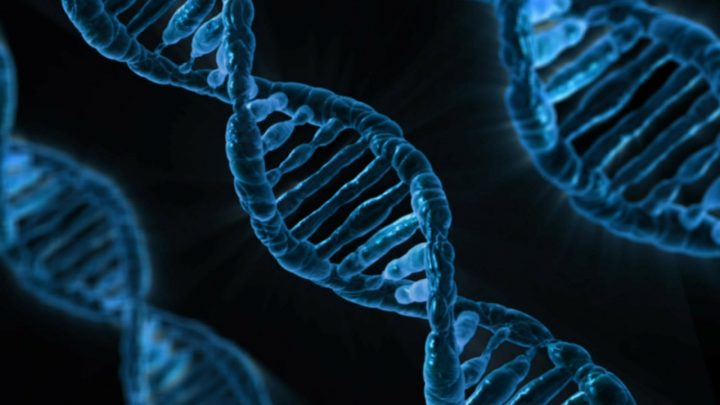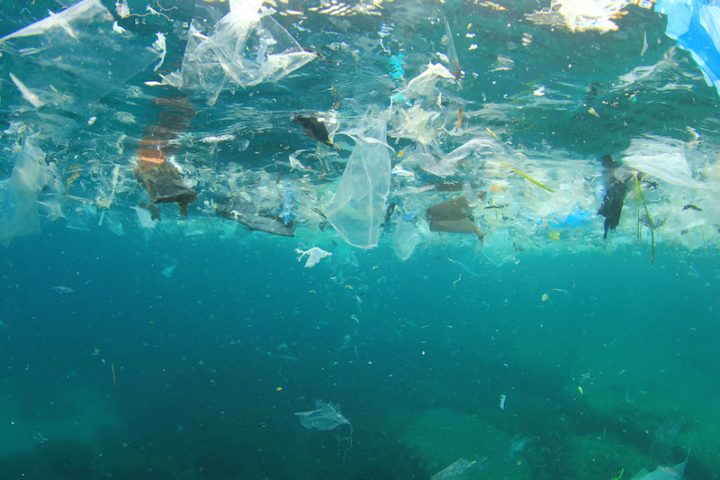Mitochondrial Eve
A plague of poppies: salmon, tomato,
apricot. Some years I save the seeds,
audible in upright cups, and carry them,
carefully, to make two lemon cakes,
eat all those flowers.
Flowers that are as famous as
the famous dead. As famous as seven
mothers, each buried at the bottom of
her skeleton tree. Perhaps a little
Lucy momma buried at the root of mine.
And famous are the blackbirds in the garden.
Each at the top of its pine,
sings its posterity song –
‘I’m listening, I’m listening’ –
to simple strands, tightly bound.
Spread open, golden
Spread open, golden,
a spider centred on a silver web
salutes the sun,
absorbs energy
and risks it all becoming visible.
But oh oh oh oh
oh Metallic One,
if you collapse down some young bird’s
warm gullet
still I will see
your babies walk on snow
The problem of joy
The bud, tight closed.
Not rain, clear gravity’s persuasion,
not sun, a multiplication of drought,
persuade her.
No spider drops, chameleon yellow
to match her yellow interior,
to use her as an open trap,
shifting to (before she closes)
a purple one perhaps.
The bud, light scratched,
escapes all that,
bends, laughs,
attends to the details.
The last straw
And now the plastic straw
has been singled out for eradication.
In the U.K., at least, and Vancouver.
Along with cotton swabs
and plastic stir sticks.
I feel sorry for the whales,
swimming open-mouthed, straining
for food through the plastic gyre,
hoping to taste plankton
and getting earwax.
While I sit in a café
talking about my cancer,
the starving whale beaches, dies.
Curious scientists slit it.
Some good people clean more plastic off a beach.
The last straw sets off on its voyage,
bobs gaily from Europe to Asia,
as we suck and snot and flush,
our gestures as profound and futile
as climbing ropes of sand.
Nomads
When sky’s tinged by light’s excess,
a city rising in the east,
and sound’s a waste of time
which motors take and turn,
when water’s distrusted
(bird puddle, animal stream)
when food’s distrusted …
then love is more
than bleached, drowned out, starved …
is changed to sister sorrow
that we speed past.










